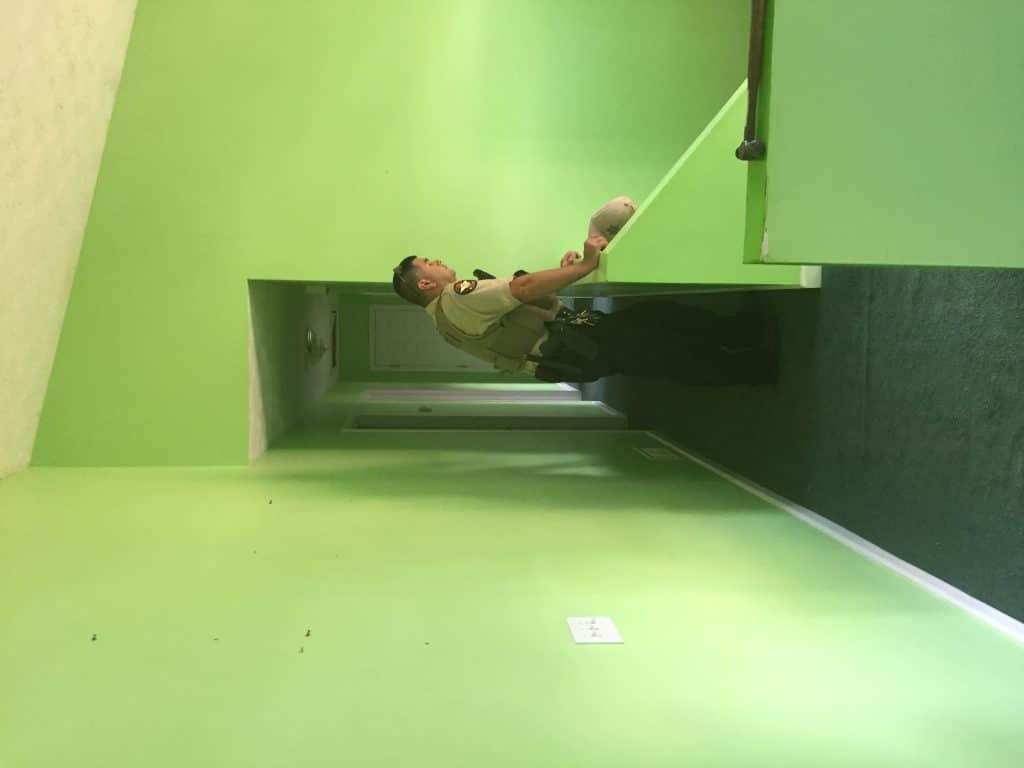Facing foreclosure can be a daunting experience, laden with uncertainty and worry. Among the many concerns that plague homeowners in this situation is the fate of their personal belongings. When a home is foreclosed upon, it’s natural to wonder whether cherished possessions will be lost in the process. Understanding the intricacies of foreclosure laws and procedures can provide clarity and help alleviate some of the anxiety surrounding this issue.
Are You In a Deed of Trust State or a Mortgage State?
First and foremost, it’s essential to recognize that foreclosure laws vary depending on jurisdiction. In some states, foreclosure proceedings may allow for the removal of personal belongings by the homeowner prior to the sale or eviction. This gives individuals an opportunity to safeguard important items such as family heirlooms, sentimental keepsakes, and essential documents.
States have two different sets of laws when it comes to mortgages. They are either a mortgage state or a deed of trust state. A deed of trust state works similar to a car loan. When you finance a car, the lender holds the title until you pay it off. Once you pay off the car note, the lender sends you the title so you could sell the vehicle if you ever wanted to transfer ownership. In a deed of trust state, the bank is holding the “title” to you home until you pay it off. With the car example, if you fail to pay then the lender will repossess your car. Foreclosures in a deed of trust state are very similar. Once the mortgage company starts the foreclosure process, it happens very fast. Usually in about a month your house is being auctioned off at the county courthouse. The bank holds the “title” so they can sell it as they see fit.
A mortgage state means that you hold the “title” to the property. If you fail to pay and the bank starts the foreclosure process, then the bank must sue you in court to get the property back. This process starts when the bank files a Lis Pendens at the local courthouse, meaning they are starting a lawsuit against you. This process takes months to play out, sometimes a year. Mortgage states are much more borrower friendly than deed of trust states. Here is a link with more information about which states use which process and it goes into more detail about how each works https://smartasset.com/mortgage/deed-of-trust-vs-mortgage.
Understand the Foreclosure Process
However, it’s crucial to adhere to the guidelines outlined by the foreclosure process. Failure to comply with these rules could result in the loss of personal belongings or even legal repercussions. Homeowners should familiarize themselves with the specific regulations governing foreclosure in their area and seek guidance from legal professionals if necessary.
In many cases, foreclosure sales are conducted as public auctions, where the property is sold to the highest bidder. Typically, these sales involve only the real estate itself, and personal belongings are not included. However, it’s essential to note that any items left behind after the foreclosure sale may be disposed of by the new property owner or the foreclosing entity. If you want more information on the foreclosure process, here is a link How Can I Stop Foreclosure on My Home? Exploring Strategies for Homeowners in Distress
Understand State Eviction Laws
Once the foreclosure process is complete, and the bank sells the foreclosed house, then you still retain possession of the house. The new owner must evict you from the property. Every state has different laws when it comes to eviction. In the State of Georgia, the eviction process starts when the new home owner notifies the old owner in writing they are beginning the eviction process because the old owner no longer owns the property. 24 hours after the notice is sent via certified mail or taped on the door, then the new homeowner must go to the court house and file a Dispossessory, or Dispo for short. This is where a judge decides who the rightful owner is and a court date is set.
You can draw the process out by answering the dispo and getting a court date. If you don’t answer with the court, then the court will automatically issue a document giving the new owner the right to evict. Once the new owner has that document, they can go to the Sheriff’s office and schedule an eviction. Once the eviction is scheduled, the Sheriff’s officers will force you from the property and all of your possessions will be set on the curb. State of Georgia law requires the new owner to have two people per bedroom to set everything on the curb.

To avoid having your possessions set on the curb, have a plan. If you do lose your house to foreclosure, don’t put your head in the sand. Make arrangements so your possessions don’t get set on the curb. Selling your house to a cash homebuyer is a great option when facing foreclosure. Cash home buyers can stop the foreclosure process, keep the foreclosure from being on your credit for 7 years, and give you cash to get set up in a new place. Cash home buyers close fast and you can move without risking having your possessions and belongings set out. Here is more information about selling your home for cash if you are facing foreclosure A Lifeline in Tough Times: Selling Your Home for Cash to Avoid Foreclosure
To safeguard personal belongings during foreclosure, homeowners should take proactive measures. This may include removing valuables from the property, coordinating with the lender or foreclosure trustee, and documenting the condition of items left behind. By taking these steps, individuals can mitigate the risk of losing cherished possessions and navigate the foreclosure process with greater peace of mind.



